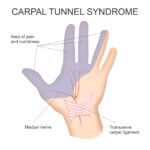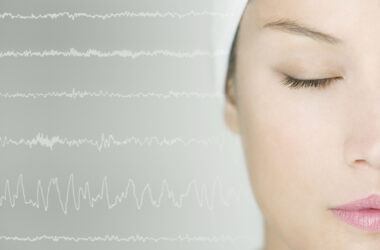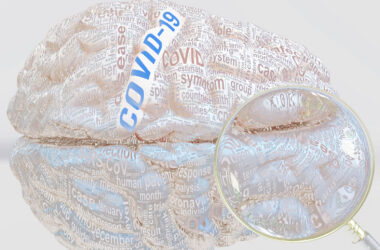Brain bleeding, also called a brain hemorrhage, happens when an artery bursts. A burst artery in the brain is one type of stroke.
A damaged artery bleeds into the tissues of the brain. Bleeding damages the brain by killing brain cells.
This is a serious condition that requires the immediate attention of a brain surgeon. Brain surgery or other treatments can limit damage from a brain bleed.
What Causes Brain Bleeding?
Brain bleeds go by a few different names: cerebral hemorrhage, intracerebral hemorrhage and intracranial hemorrhage.
When the brain is injured, blood from the trauma causes swelling. The blood may form a mass. The mass, or hematoma, puts pressure on surrounding tissue. The swelling restricts blood flow. When brain cells don’t get enough blood, they die.
Bleeding can happen in several different areas: within the brain, beneath the brain membranes or beneath the skull.
Here are some of the most common causes of brain bleeds:
Brain tumors – These increase the risk of stress on blood vessels. Tumors can sometimes be removed by a neurosurgeon.
Head trauma – The most common cause of bleeding in the brain for people under 50 years of age.
High blood pressure – A chronic condition that weakens blood vessel walls. Untreated, it may lead to brain hemorrhage.
Aneurysm – A weakening of blood vessel walls that begin to swell. Vessels may burst, leading to a stroke.
Blood vessel abnormalities – Malformations weaken the blood vessel walls. They can lead to stroke and brain hemorrhage.
Bleeding disorders – Hemophilia and sickle cell anemia are blood disorders that increase the risk of bleeding in the brain.
What Are the Symptoms of Brain Bleeding?
Signs of brain bleeding vary. The location and severity of the trauma affect the symptoms. Problems may appear suddenly or gradually.
If you have any of the following symptoms, you should see your primary care doctor, neurosurgeon or, if it’s an emergency, call 911.
While any of the following can indicate brain bleeding, they are also warning signs of other medical conditions.
- A sudden, severe headache
- A seizure
- Sudden weakness in arms or legs
- Severe nausea or vomiting
- Decreased alertness
- Sudden changes in vision
- Tingling or numbness
- Difficulty speaking or understanding speech
- Difficulty swallowing
- Difficulty with motor skills
- Loss of balance
- A sense of “metal” or abnormal taste in your mouth
- Sudden loss of consciousness
Doctors use various tests to diagnose brain bleeding. These include CT scans and MRI scans. The bleeding may be stopped with medication or with surgery.
Recovery from a brain bleed depends on many variables including, a patient’s health and the severity and location of the hemorrhage.
Prompt medical attention is key to recovery. Patients who are treated quickly by a neurosurgeon decrease their risk of complications.










